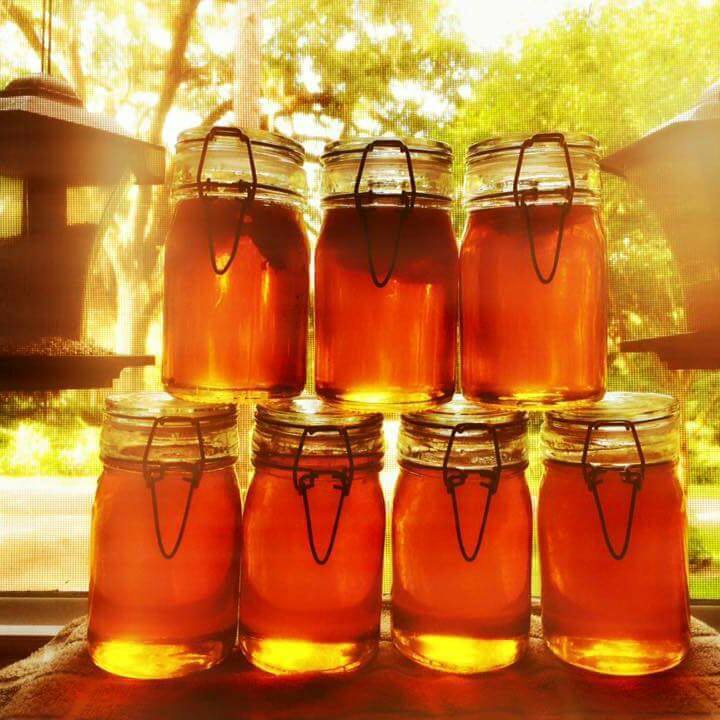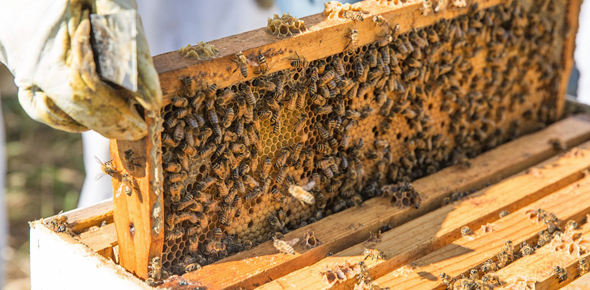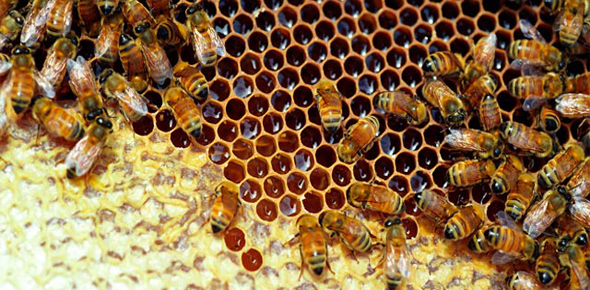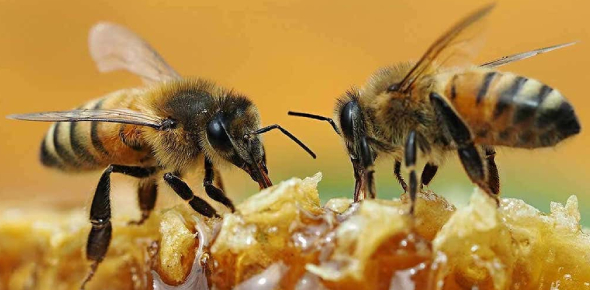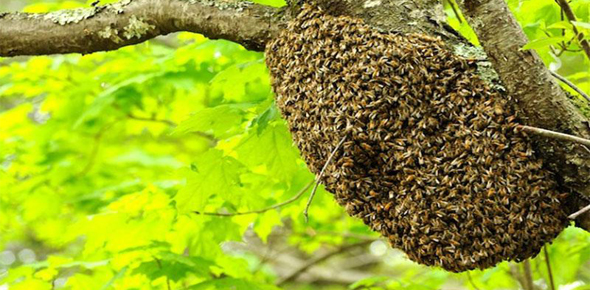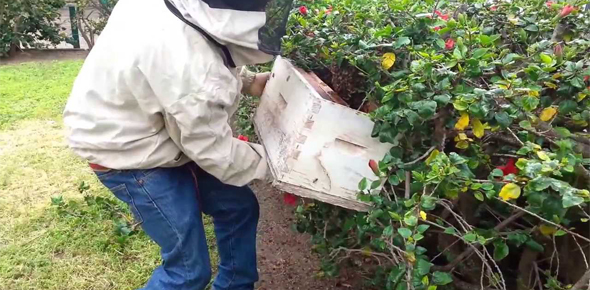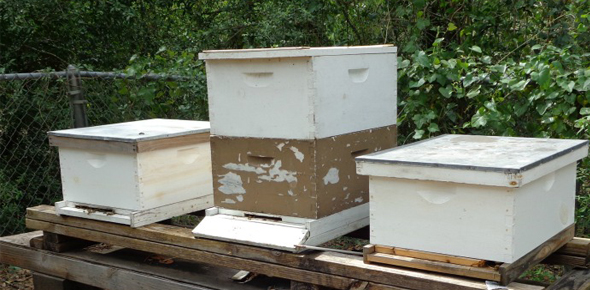About Us
Nassau County Beekeepers Association is recognized throughout the beekeeping community
for its important role as mentors to beekeeping hobbyists, professionals and
sponsors.
No less important is the associations continuing efforts to educate the public about the
vital importance of the honey bee. The group is able to accomplish these goals through
superior membership that gets involved and stays involved.
The annual dues for and individual membership in this Association are twenty dollars ($20) per year, and a family membership dues are ($35) per year, paid to the Treasurer. This shall be adjusted by vote of the membership when deemed necessary. This sum will cover membership, and payment of annual dues constitutes one vote.
New and Experienced beekeepers helping each other with questions, quandaries, and other
beekeeping related challenges.
The Nassau County Beekeepers Association is
registered as a 501(c)(3) non-profit organization.
Association Documents
- Constitution – for Nassau County Beekeepers Association
- By-Laws – for Nassau County Beekeepers Association
- 2023 Tax Filing – for NCBA
- 2024 Tax Filing – for NCBA
Monthly Meetings
Membership Information
Welcome to the Beekeepers of Nassau County and neighboring communities, and thank you for your interest in becoming a member.
Membership Application
Please download and fill out an application to join us today
and bring it with you to our next meeting:
Reasons to Join
- Network with other local beekeepers
- Learn more about beekeeping at the monthly educational meetings
- Discover local and statewide beekeeping events and activities
- Find answers to your beekeeping questions and issues
- Buy or sell beekeeping equipment or bees
- Become knowledgeable about current research and production practices
- Keep current with local and state beekeeping and honey regulations
- Hear guest speakers with noted titles, experience, or published research
related to beekeeping - Help promote beekeeping in Nassau County and your local community
- Enjoy hands-on experience from mentors and experts in beekeeping
- Annual membership dues are $20
Association Officers
President: Myron Beachy
Vice-President: Ron Calhoun
Secretary: Daniel Foster
Treasurer: Jannette Wightman
Membership Coordinator: Gretchen Santos
Web Master: Gordon Reilly
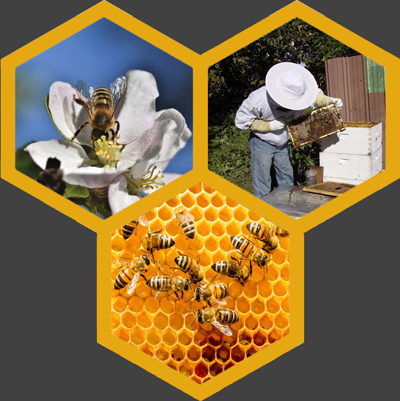
Our Mission
The Nassau County Beekeepers Association promotes a passion for beekeeping and an interest in the role all pollinators play in our society and environment. The association educates and advocates for the honey bee and its wild pollinator friends through immersive talks, beehive mentorships, breeding locally adapted bees and an increased focus on bringing scientific data gathering into the hive through our innovative Beehive Monitor program.
The association partners with organizations to maximize the impact of providing the
education and experience necessary to enact change in the next generation. Through
our adaptive approach to education and research, we continue to increase the public's
awareness by providing any opportunity for all ages to learn about the life saving
benefits pollinators provide.
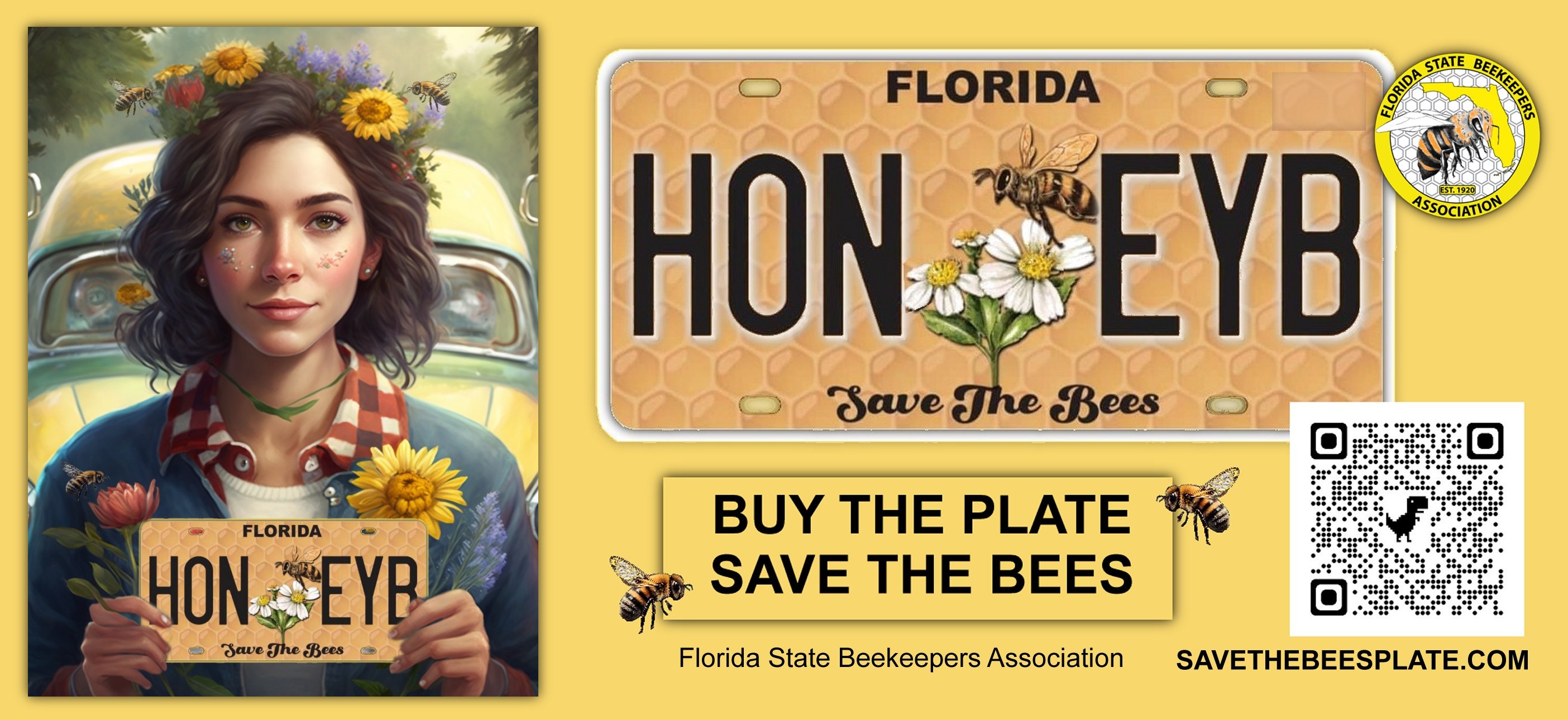
Click Here to order your Save The Bees Plate.
What is the state of honeybees in Florida?
In general, honeybees are on the decline. Troubling numbers come out every year that suggest dangerous trends for honeybees. However, in Florida, honeybees are doing well in comparison to the population at large. Florida is one of the top 6 states for honeybee populations with more than 4,000 registered beekeepers, and even a state agency that has the authority to inspect hives. Unfortunately, honeybees face many challenges from beetles to pesticides, so it is important to continue this growth and educate the public on just how important honeybees are.
What factors contribute to the decline of honeybees?
Though many factors have contributed to the decline of the bee population, from harsh winters causing increased rates of die-off to the destruction of natural habitats. Above all else, it is human factors that contribute to the decline of honeybee populations. Dangerous pesticides that are popular in commercial growing, lawn care, and gardening are decimating the honeybee populations.
What does local beekeeping do for the honeybee population?
Local beekeeping is essential for improving and growing the honeybee population. Quite simply, as people have become busier and less engaged with the outdoors, interest in beekeeping has declined right along with it. By supporting local beekeepers, you are helping to ensure that these essential pollinators come back from this decline stronger than ever.
Help Save The Bees
Bees are in decline all over the earth and their loss poses a serious threat
to the plants that rely on them and in turn all of us!
Operation Honey Bee's mission is to connect communities of the world, to
spread awareness, educate and lead the sustainable movement that will preserve
bees and other pollinators for future generations.
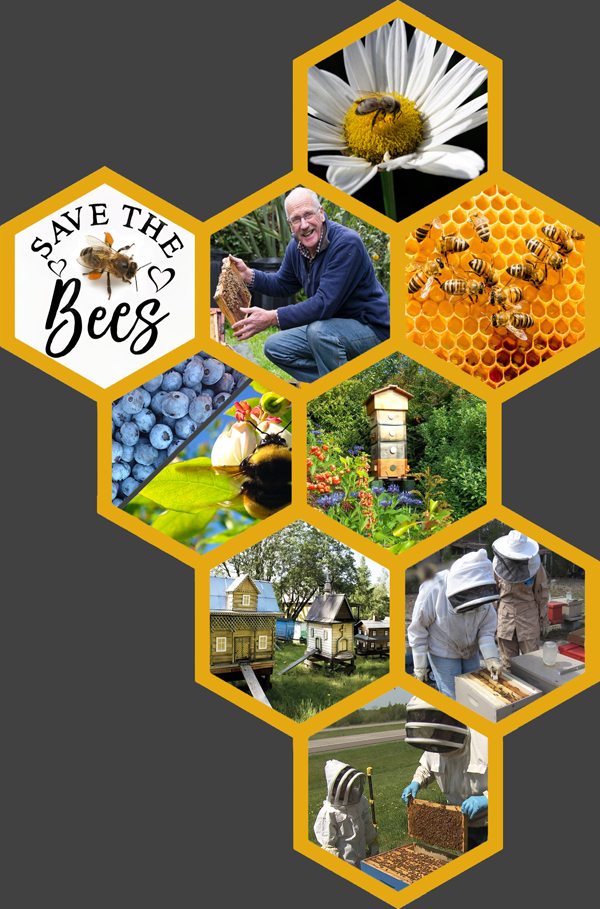
10 Ways to Save the Bees

Imagine a grey world without almonds, apples,
or fragrant flowers
or fragrant flowers
Unfortunately, that’s the shocking future we face if we don’t work to
help our most precious pollinator: bees. Far from being a niche concern,
bees lie at the heart of our survival – and they have been dying at
unprecedented rates. Their hard work is not only essential to healthy
ecosystems, but to sustaining animal and human life too.
Each year, bees are experiencing massive die-offs throughout the U.S.
and Canada. In 2017, the rusty patched bumblebee was the first bee
added to the endangered species list in the continental U.S. A 2019
survey from the Bee Informed Partnership states that nearly 40% of U.S.
beekeepers lost their colonies during the previous year. Compared to
1947, the U.S. honeybee population has declined by 60%.
Bees pollinate one-third of the food we eat.
From apples and squash to buckwheat and coffee, bees are responsible
for pollinating most of the fruits, vegetables, seeds, and nuts that
are essential to our diets. Honeybees in particular play a huge role
in agriculture, contributing over $15 billion to the value of US
crop production.
100% Almonds
90% Apples
90% Onions
90% Blueberries
90% Cucumbers
90% Carrots
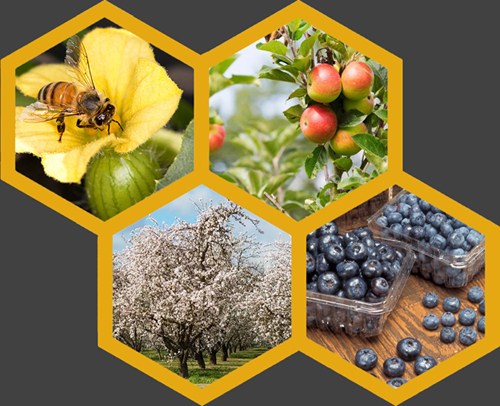
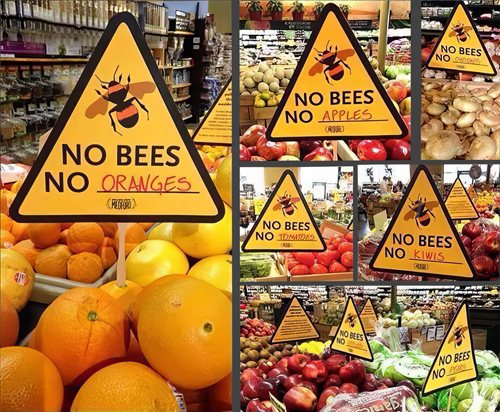
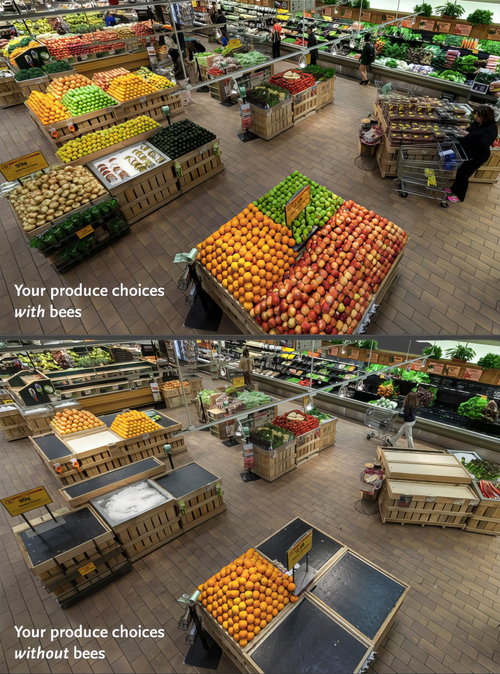
Beekeeping Calendar
This beekeeping calendar is a tool for all beekeepers in Florida,
small scale to commercial operations. This calendar is meant to
be a reference point for beekeeping management and is not
comprehensive. The check-list can be used to identify management
issues or concerns in the apiary. Understanding the plants
blooming in your area can help to identify the nectar and pollen
resources available to your bees.
Additional infofmation and a yearly beekeeping management calendar
can be found here at the UF IFAS Extension website.
